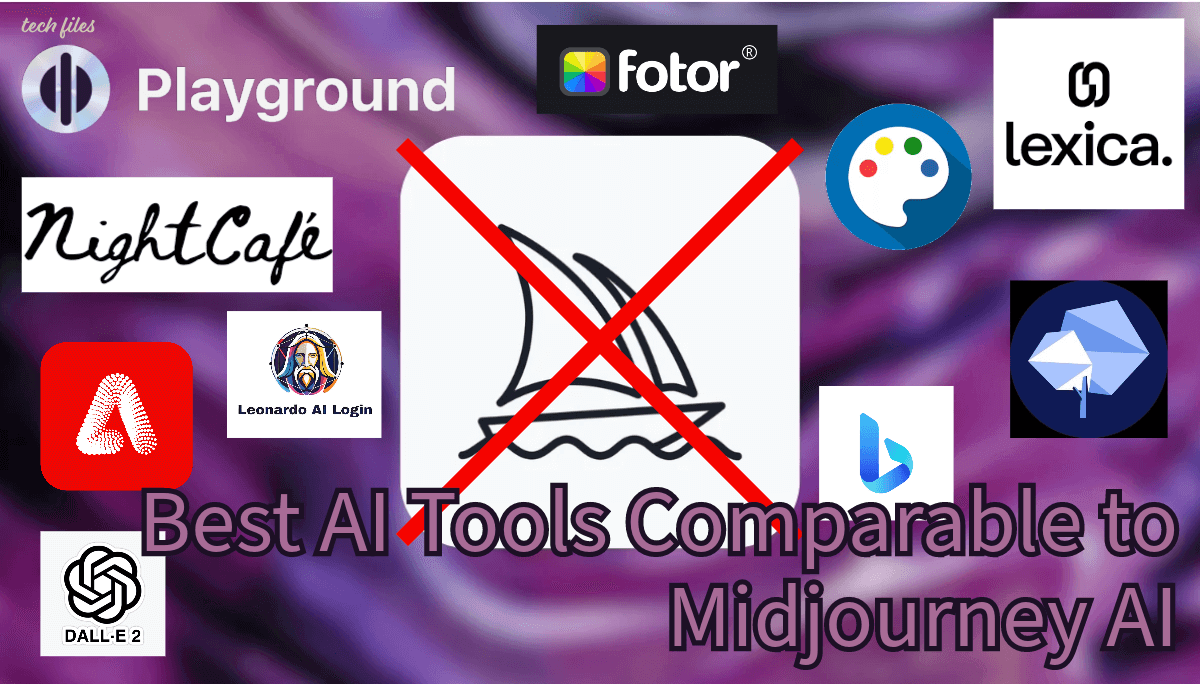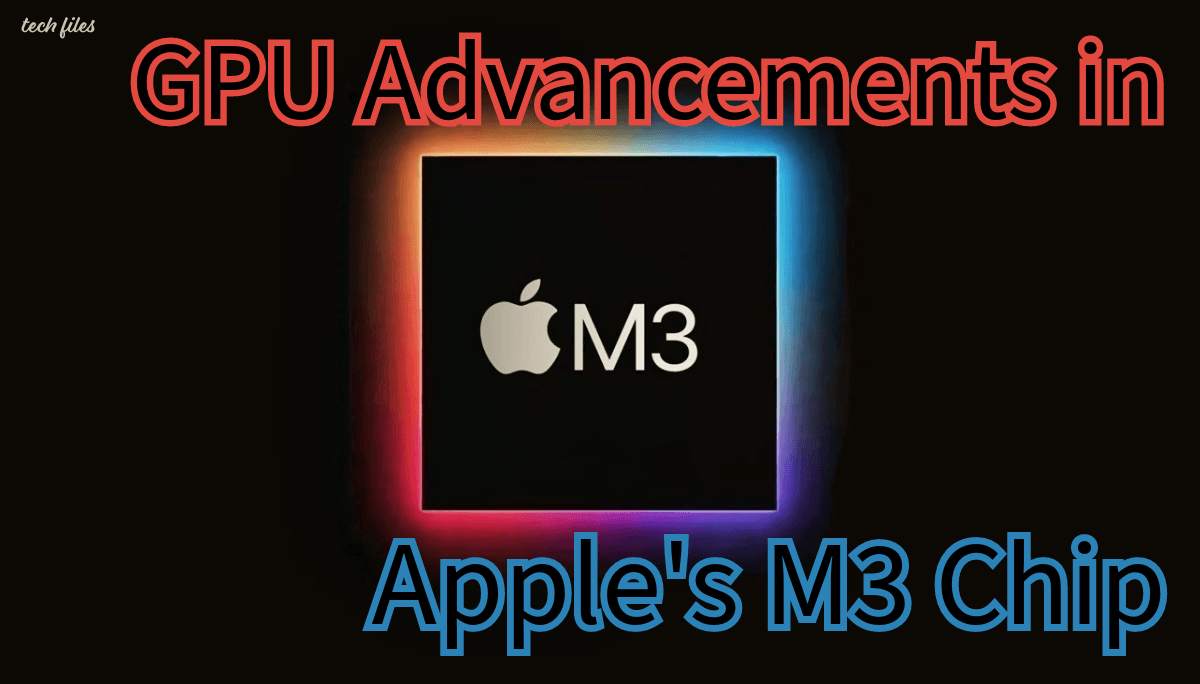The Rising Demand for Blockchain Developers in Today's Job Market

Blockchain technology has emerged as a revolutionary concept in recent years, capturing widespread attention across various industries. At its core, blockchain is a decentralized and distributed ledger that records transactions across multiple computers or nodes. Its immutability ensures that once a transaction is recorded, it cannot be altered or tampered with, making it highly secure and transparent. Initially associated with cryptocurrencies like Bitcoin, blockchain has now expanded its reach and is being explored and implemented in sectors such as finance, supply chain management, healthcare, and more.
With the increasing adoption of blockchain technology across industries, there is a growing demand for skilled developers who can understand and harness its potential. The job market is evolving rapidly, and blockchain development is an emerging field that is gaining momentum. Companies are actively seeking blockchain developers who possess the skills and expertise to build secure and efficient blockchain solutions. From startups to established enterprises, the need for skilled blockchain developers is evident, creating exciting opportunities for those willing to seize them.
Factors Driving the Demand for Blockchain Developers
The demand for skilled blockchain developers has skyrocketed in recent years due to several key factors. One major driver is the increasing integration of blockchain into various industries beyond cryptocurrencies. Companies in sectors such as finance, supply chain, and healthcare are recognizing the potential of blockchain to enhance efficiency, security, and transparency. As a result, they are actively seeking blockchain developers to design, build, and implement tailored blockchain solutions.
Another driving force behind the demand for blockchain developers is the rising popularity of decentralized applications (dApps) and smart contracts. These innovative blockchain-based applications eliminate the need for intermediaries, creating a trustless environment for transactions and agreements. As dApps and smart contracts become more prevalent, the demand for blockchain developers skilled in creating and maintaining them continues to grow. Furthermore, the potential cost savings and efficiency improvements associated with blockchain technology further incentivize organizations to invest in talented blockchain developers. Consequently, the demand for individuals with expertise in blockchain development is expected to remain high in the foreseeable future.
The Skills and Expertise Required to Become a Successful Blockchain Developer
Becoming a successful blockchain developer requires a unique set of skills and expertise. Firstly, a solid understanding of programming languages is essential. Proficiency in languages such as Solidity, Java, Python, and C++ is highly valued in the blockchain development field. These languages are commonly used to write smart contracts and build decentralized applications (dApps), which are integral components of blockchain technology.
In addition to programming languages, blockchain developers need a deep knowledge of cryptographic principles. Cryptography plays a vital role in ensuring the security and integrity of blockchain systems. Familiarity with concepts like public key cryptography, hashing algorithms, and digital signatures is necessary to implement secure and robust blockchain solutions. Moreover, strong problem-solving and analytical skills are essential for addressing the complex challenges that arise during blockchain development. The ability to think critically and come up with innovative solutions is highly valued in this rapidly evolving field.
Roadmap to becoming a blockchain developer in 2023

- Understand the basics: Learn what blockchain is and how it works. Blockchain is an immutable, distributed ledger that promotes transparency, decentralization, data integrity, and security in a network.
- Learn programming languages: Solidity is the most popular programming language for developing smart contracts on the Ethereum blockchain. Other programming languages that are useful for blockchain development include Java, Python, and C++.
- Get familiar with blockchain platforms: Ethereum is the most popular blockchain platform for developing decentralized applications (dApps). Other blockchain platforms include Hyperledger Fabric, Corda, and EOS.
- Develop smart contracts: Smart contracts are self-executing contracts with the terms of the agreement between buyer and seller being directly written into lines of code.
- Learn decentralized app development: Decentralized apps (dApps) are applications that run on a blockchain network.
- Learn blockchain security: Understanding how blockchain works in practice and developing skills in overall system security is important.
- Stay up-to-date: Keep learning and stay up-to-date with the latest advancements in blockchain technology.
The Role of Blockchain Developers in Designing, Building, and Implementing Blockchain Solutions
The role of a blockchain developer is crucial in the design, construction, and implementation of blockchain solutions. These developers are responsible for creating the underlying architecture and system that power blockchain networks. Their primary objective is to ensure the secure and efficient functioning of the blockchain while also addressing the specific requirements of the intended application. They work closely with other stakeholders, such as designers and project managers, to develop a comprehensive understanding of the objectives and constraints of the blockchain project. By leveraging their technical expertise and knowledge, blockchain developers devise innovative solutions that can revolutionize various industries.
In the process of designing blockchain solutions, developers lay the foundation for a decentralized and transparent environment that can support the desired functionalities. They utilize programming languages such as Solidity, C++, and Python to write the smart contracts and implement the necessary protocols. Additionally, they are responsible for setting up the network infrastructure, including nodes and consensus mechanisms, which ensures the reliability and integrity of the blockchain. Their expertise extends to researching and implementing security measures, such as encryption and key management, to protect the data stored on the blockchain from unauthorized access. Overall, the role of a blockchain developer is pivotal in turning conceptual ideas into effective blockchain solutions that can drive innovation and transform industries.
Challenges Faced by Blockchain Developers and How to Overcome Them
Blockchain developers face several challenges in their work, ranging from technical hurdles to regulatory uncertainties. One major challenge is the complexity of the technology itself. Building a blockchain application requires a deep understanding of cryptographic algorithms, consensus mechanisms, and smart contract development. Moreover, developers need to stay updated with multiple blockchain platforms and programming languages, such as Ethereum, Solidity, and Hyperledger Fabric. This constant need for learning and adapting can be overwhelming, but developers can overcome this challenge by investing time in continuous learning, attending workshops and conferences, and collaborating with other developers in the community.
Another challenge that blockchain developers face is ensuring the security of their applications. As blockchain technology deals with sensitive data and digital assets, any vulnerability in the code or smart contract can lead to severe consequences. Hackers are constantly looking for vulnerabilities to exploit, making it crucial for developers to follow best practices for secure coding and conduct thorough testing of their applications. Implementing proper access controls, using encryption techniques, and conducting regular security audits can help mitigate the risk of cyber attacks. Additionally, staying updated with the latest security advancements and collaborating with cybersecurity experts can further enhance the security of blockchain applications.
The Future Outlook: Opportunities and Growth in the Field of Blockchain Development
The future outlook for opportunities and growth in the field of blockchain development is incredibly promising. As businesses across industries continue to recognize the potential of this technology, the demand for skilled blockchain developers is expected to soar. With its ability to enhance security, efficiency, and transparency in various processes, blockchain is quickly becoming a cornerstone of modern innovation.
One of the key factors driving the growth in blockchain development is the increasing adoption of decentralized applications (dApps) and smart contracts. These applications eliminate the need for intermediaries, making transactions faster, more secure, and cost-effective. As a result, industries such as finance, supply chain, and healthcare are embracing blockchain technology to streamline their operations and improve trust among stakeholders. This growing use of blockchain in these sectors presents exciting opportunities for developers who specialize in building and implementing blockchain solutions.













Sharing is caring!